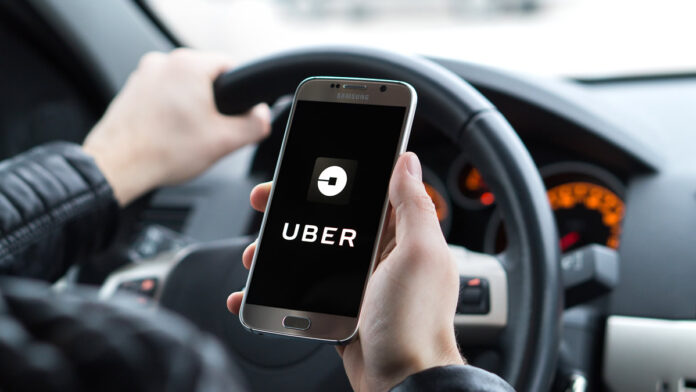Some ride-hailing users in Kenya are falling prey to a growing scam—being slapped with fake debt claims by rogue drivers. The scam has left passengers inconvenienced and frustrated as unwarranted arrears are added to their accounts.
How it Works
The trick mainly targets riders who pay via cash or M-Pesa. Unscrupulous drivers report that a passenger failed to clear a fare and a debt is entered against the customer’s account. This “debt” is then carried forward and added to future ride charges.
In one case, a Business Daily staff was billed Sh90 extra despite having paid Sh250 in cash.
Ride-Hailing Firms React
Both Uber and Bolt have acknowledged receiving such complaints and warned drivers against the scam.
Uber told its driver-partners:
“We have noticed a worrying trend of some drivers falsely reporting non-payment for cash and M-Pesa trips to get an Uber refund. This is a violation of our Community Guidelines,” the company said.
The firm will investigate and drivers found guilty will be deactivated from the platform.
Bolt also confirmed isolated cases of the scam and said it has increased internal checks.
“To protect our riders and ensure fairness we have robust systems to verify all refund requests. Drivers found abusing the process will be reprimanded, repeat offenders will be removed from the platform,” said Dimmy Kanyankole, Bolt’s General Manager for Kenya and Tanzania.
The Bigger Picture
The hybrid payment system—which allows riders to pay with cash, cards or mobile money—has been key to the growth of ride-hailing in Kenya. But it has also created an opportunity for dishonest drivers to manipulate.
Uber said false reports damage the platform:
“False reports hurt Uber’s reputation, drives away genuine customers and reduces driver earnings.”
Protecting Passengers
While both firms say such cases are isolated, the scam highlights the need for stricter verification to protect passengers. For users it’s a reminder to always keep payment proof—whether an M-Pesa confirmation message or a receipt—for use in disputing fraudulent claims.

